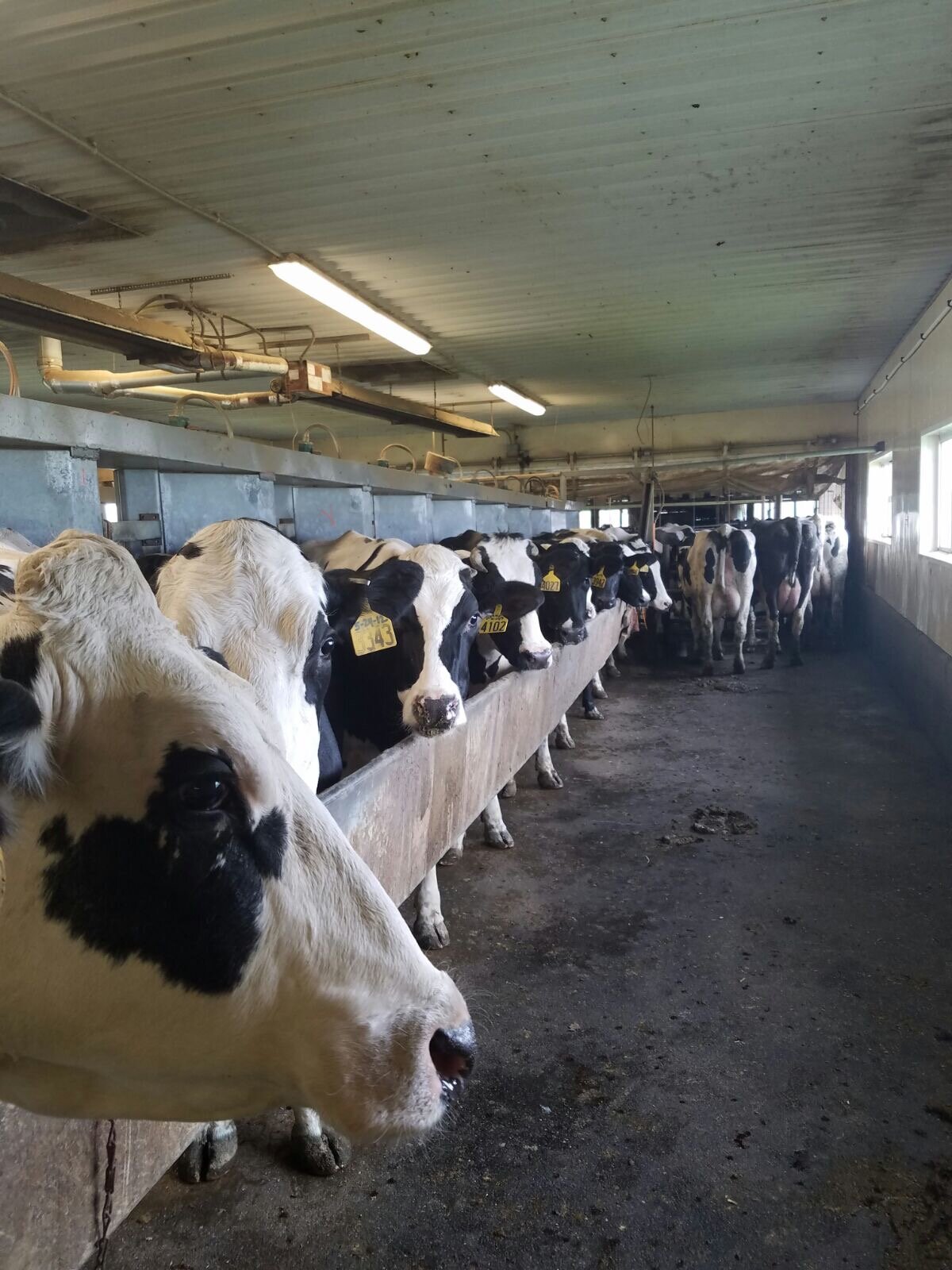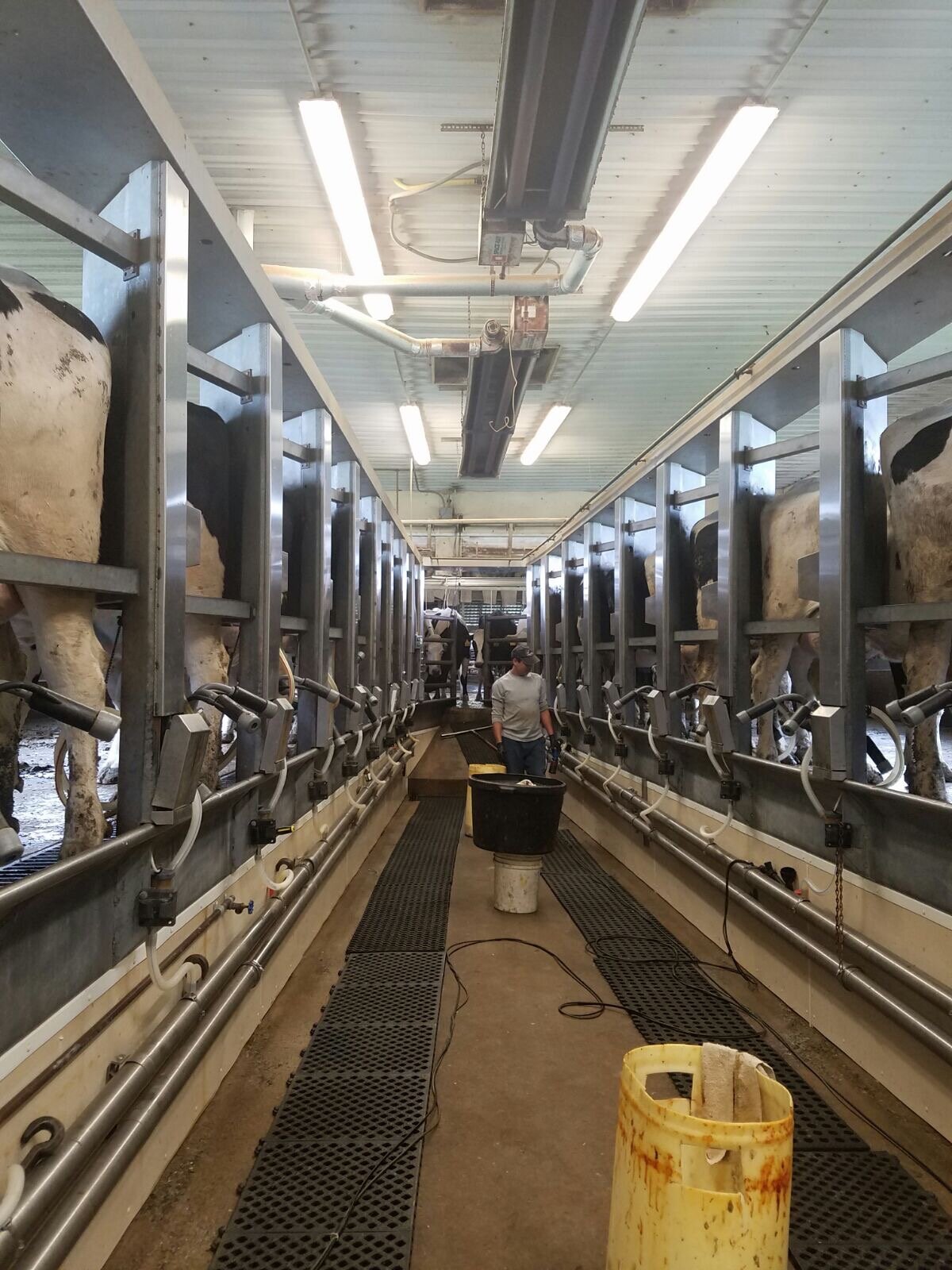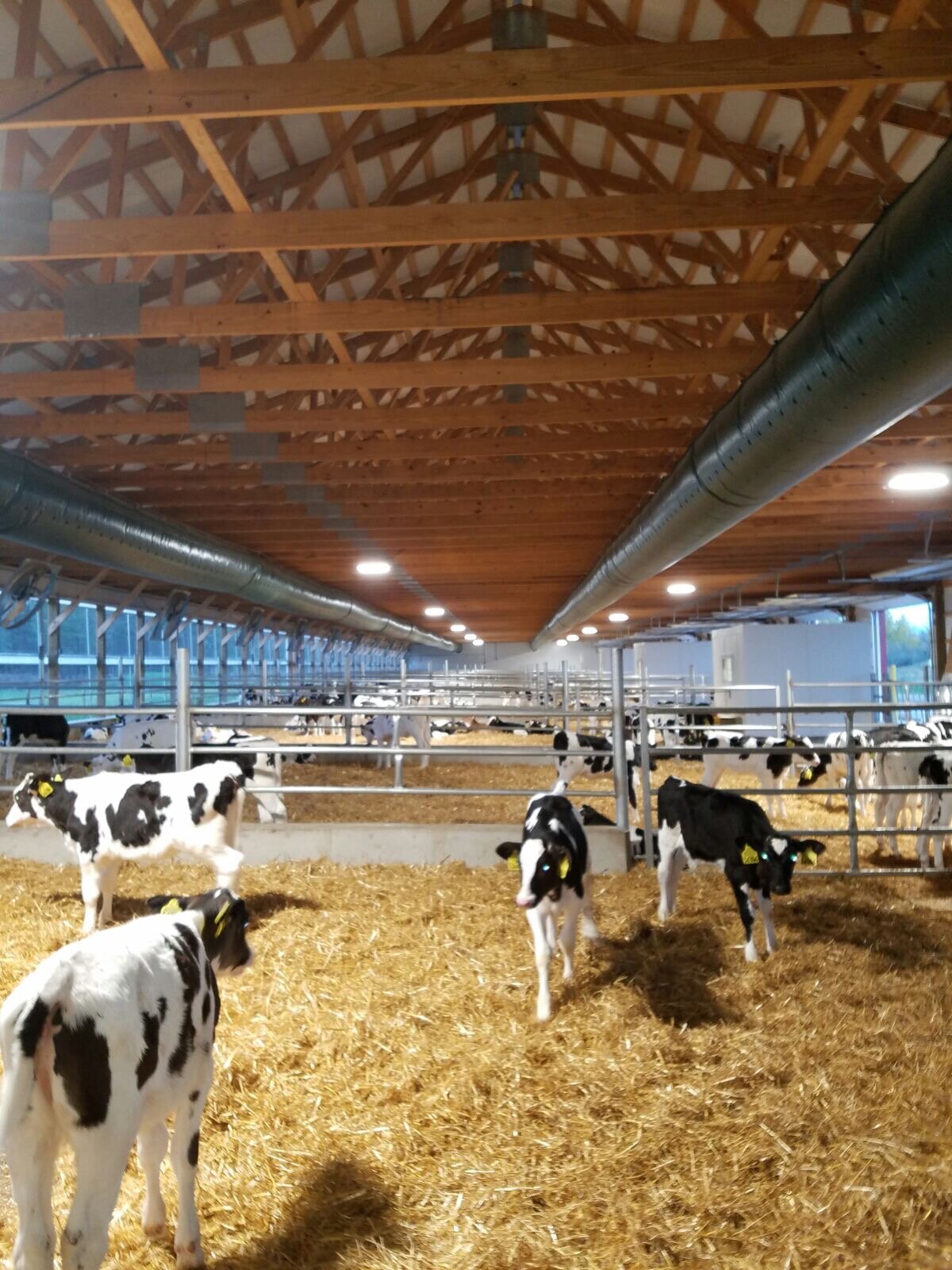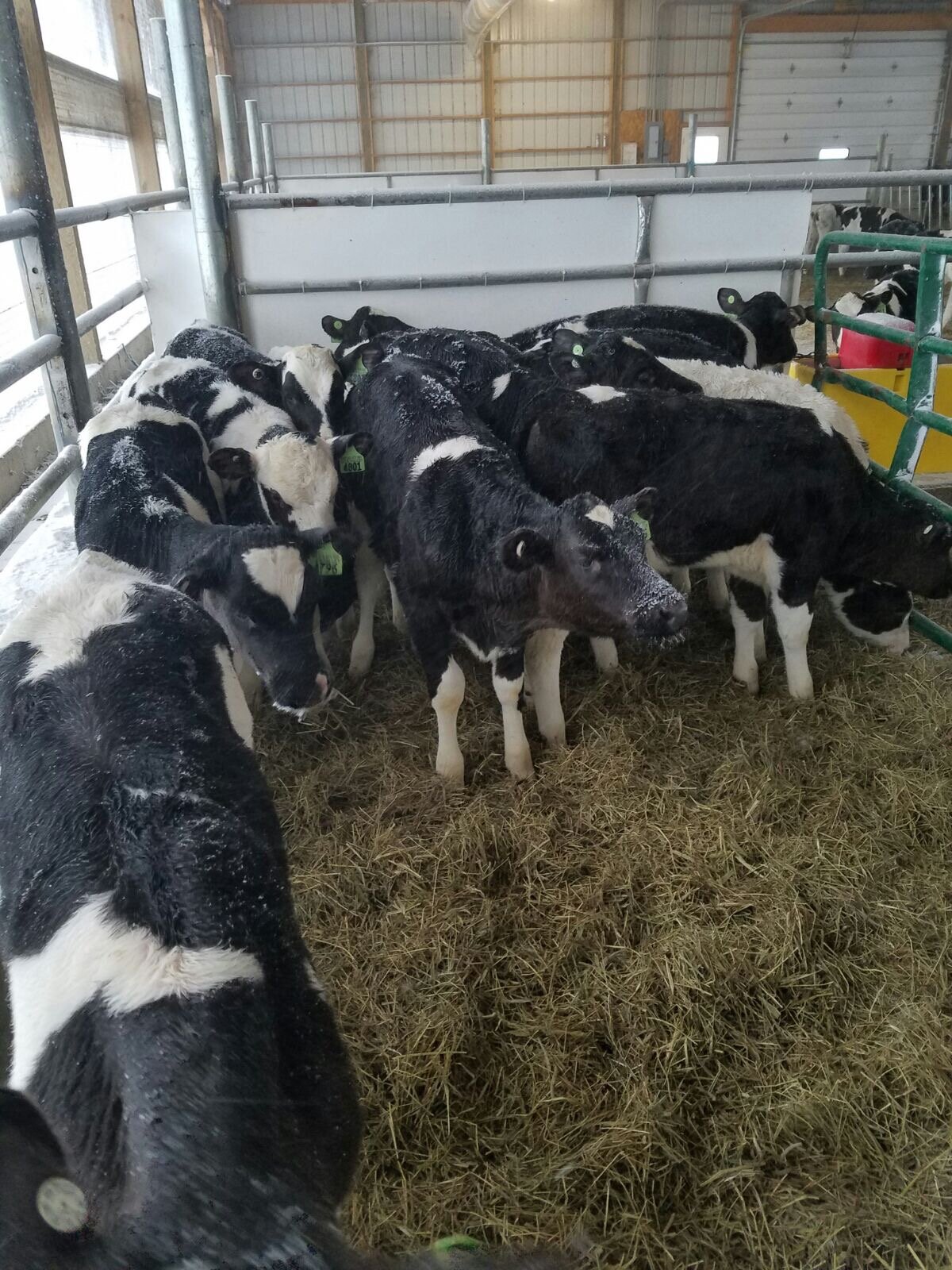A Migrant's Story: The Real Human Face of the North Country Dairy Industry (III)
In the final installment of her three-part profile of migrant farm worker Juan Garcia, Weave News reporter Julianne DeGuardi details Juan's differing experiences with accessing health care in New York and Vermont. Read Part I and Part II.
While working on the farm in Huntington, Vermont, Juan expressed that this new job “está mucho mejor para mí” (“it’s much better for me”) and the working conditions were better. The owner of this farm speaks a little bit of Spanish, he said, but he also described the owners on the farms in which he has worked as all the same (“son iguales”).
On this farm the owner brings the workers to the store every 15 days, providing Juan with an opportunity to leave the farm without having to pay for a taxi or raitero to buy groceries. I asked him about the differences between the ranches he has worked on in Vermont versus those in New York. “Casi son iguales, solo que aquí [en Vermont] hay más apoyo para los hispanos y en Nueva York casi no” (“They are basically the same, except that here [in Vermont] there is more support for Hispanics, [whereas] in New York there is almost none”), he said. “Es porque estoy aquí” (“That’s why I am here”). Although he has returned to Vermont and has the opportunity to participate in the asambleas (assemblies) with Migrant Justice (see Part II of this series), he has not been able to find the time because he is working double shifts.
Further expanding upon the differences between New York and Vermont, Juan also discussed his experiences receiving medical care in each state. While working on the farm in Hermon, he injured his head; however, when he went to the hospital where he received staples to heal the wound, he was unable comprehend the conversations because this hospital did not have any interpreters or translators available. Relani Prudhomme, a North Country resident who works at the Occupational Health Clinical Center in Canton, NY, later filed a complaint to this hospital because of their inability to provide translators for Juan. Fortunately, the owner of the farm did cover the medical expenses that had cost roughly $650.
In Vermont, however, based on his experiences working and receiving medical attention, Juan said that there are more doctors who speak Spanish in the clinics in Vermont, and if the doctors do not speak Spanish they do provide translators. He described the hospital in Vermont as “lo mejor” (“the best”), and said that overall his experiences with healthcare in Vermont have been “mucho mejor” (“much better”) than in New York.
During my most recent WhatsApp text message conversation with Juan. he explained that he left the farm in Huntington in early April because he had been working long hours for very minimal pay. He chose to move to Ferrisburgh Walker, Vermont. where he is now working on another dairy farm with his uncles and cousins. He is much happier working on this farm because he makes more money and is with his family. The pictures below are photos that Juan sent me to from the dairy farm in Ferrisburgh Walker, Vermont.
Juan explained that he is planning to work for one more year and then will return to Mexico. He is hoping to find work in Quintana Roo, but if he is not able to find a job there he will return to Chiapas, where he will either work in the sugarcane fields or on the ejido (communal agricultural land - see Part I of this series) to cultivate and harvest the food for daily consumption.
Although this is just one story, the precarious nature of Juan’s experiences migrating to and working in the US closely resembles the situation of thousands of other undocumented migrant workers in the US. These stories must also be shared in order to expose the true reality of the dairy industry within the North Country as well as throughout the entire US. It is essential to generate greater awareness about and bring dignity to the people who milk our nation’s cows. They are the people whom we should thank for the cheap milk, butter, and ice cream that we have at our fingertips daily.
Advocacy groups near farms where Juan has worked:
Workers Center of Central NY (Syracuse, NY)
Worker Justice Center of NY (Rochester, Kingston, Albany)
Migrant Justice/Justicia Migrante (Burlington, VT)





